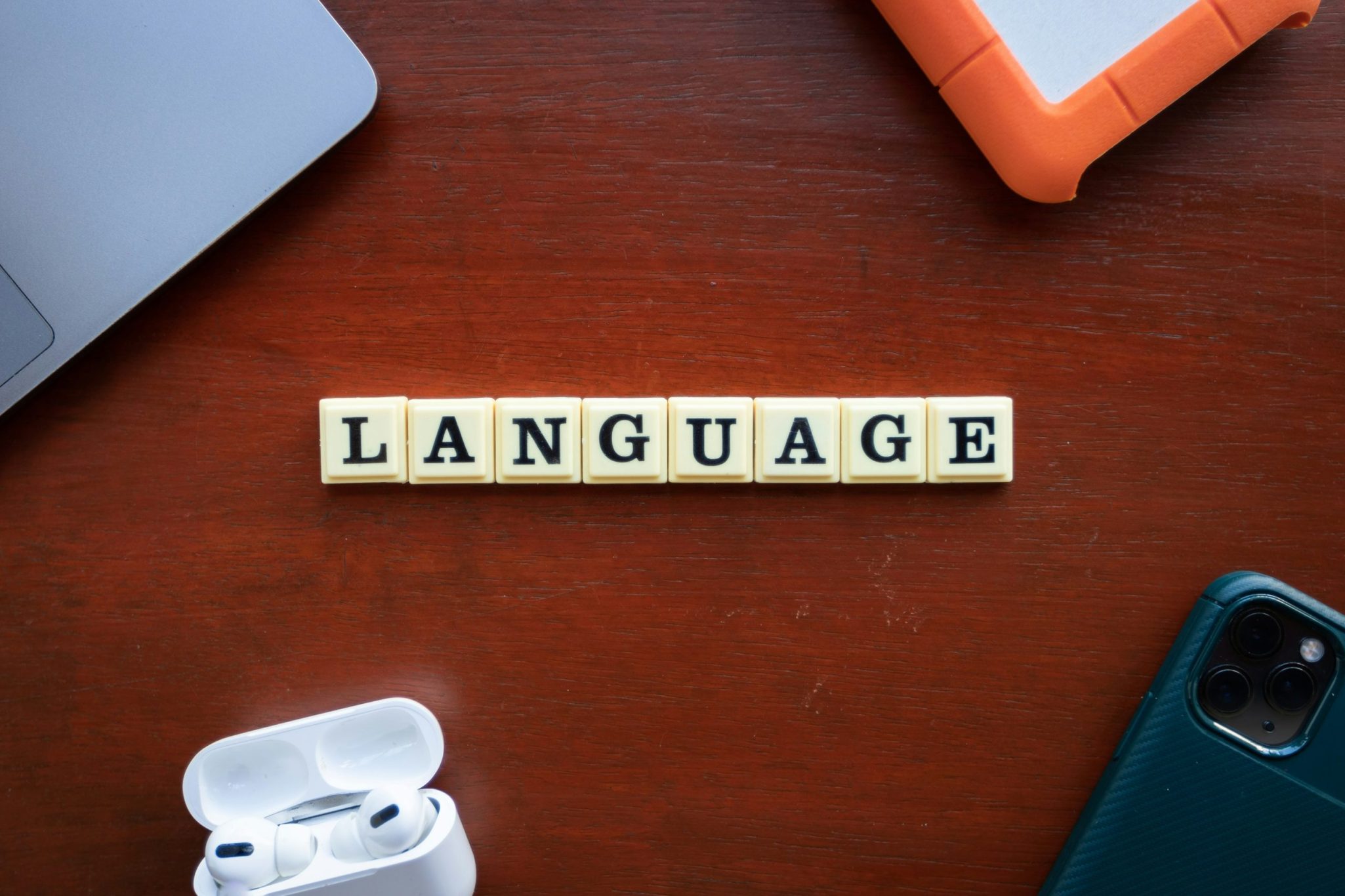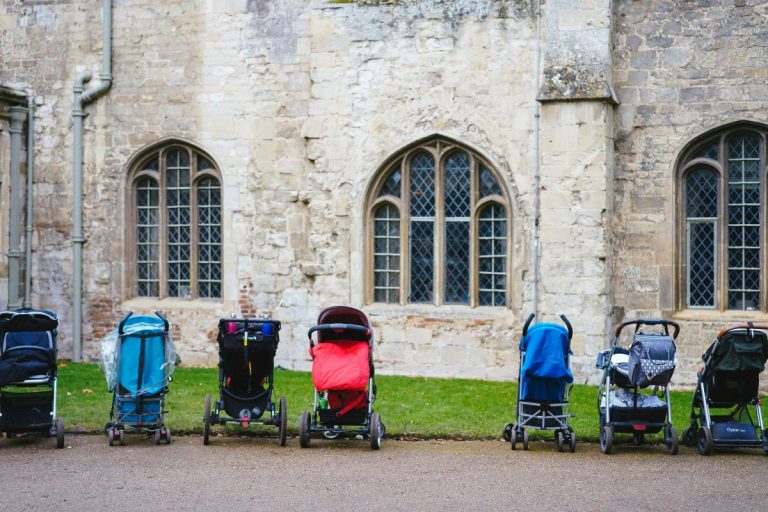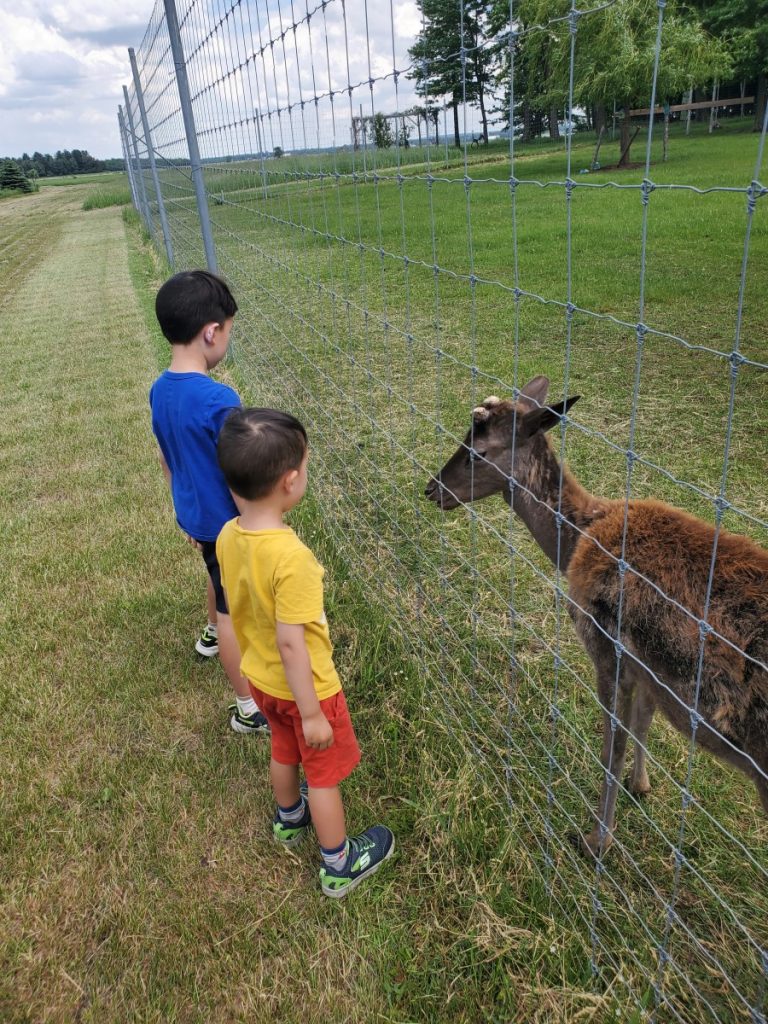Élever des enfants multilingues dans une famille immigrée
Élever des enfants multilingues Dans une famille immigrée, il est fréquent de devoir jongler avec plusieurs langues à la maison. Dans notre cas, l'anglais nous sert de langue véhiculaire, mais avec les enfants, je parle coréen et mon mari français. En conséquence de notre choix délibéré d'élever des enfants multilingues, Nos garçons sont naturellement exposés à trois langues — ils ne les maîtrisent pas parfaitement, mais ils sont certainement capables de les comprendre et de s'exprimer d'une manière qui nous surprend.
Ce parcours n'a pas toujours été facile, mais j'ai appris, tant par expérience personnelle que par des séminaires de recherche à notre école, que le rôle des parents dans le maintien de leur langue maternelle est essentiel. Si l'école est responsable de l'enseignement de la langue officielle de la communauté — le français, dans notre cas —, il incombe aux parents de préserver la langue maternelle. langue patrimoniale à la maison.
🏫Pourquoi le multilinguisme est important
Selon UNESCO et de nombreuses études sur le développement de l'enfant, le maintien de la langue d'origine de l'enfant soutient :
- Développement cognitif : Les enfants qui grandissent en maîtrisant plus d'une langue développent souvent de meilleures aptitudes à la résolution de problèmes et à la gestion de plusieurs tâches simultanément.
- Identité culturelle : La langue est profondément liée aux racines. Perdre sa langue patrimoniale peut aussi signifier perdre une partie de son identité culturelle.
- Lien familial : Les grands-parents et les proches communiquent souvent mieux dans leur langue maternelle. Pour nous, cela signifie que mes enfants peuvent parler à leurs grands-parents coréens sans que j'aie à traduire chaque mot.
Et s'il est vrai que certains enfants finissent par choisir d'utiliser uniquement la langue dominante (anglais ou français), les recherches montrent qu'une exposition constante et un lien émotionnel positif avec la langue d'origine peuvent faire une grande différence quant à la capacité des enfants à la conserver à l'âge adulte.
Des conseils pratiques qui fonctionnent pour nous
1. Un parent, une langue
Naturellement, nous adoptons cette approche : j’utilise le coréen avec les enfants, tandis que leur père utilise le français. Cela instaure un système clair et les enfants ne sont pas aussi perturbés que beaucoup de parents le craignent. Ils apprennent rapidement quand et avec qui utiliser chaque langue.
2. L'apprentissage de la langue patrimoniale est une passion, pas seulement une leçon.
Nous ne voulons pas que le coréen ou le français soient perçus comme des “ devoirs ”. C'est pourquoi nous regardons parfois Netflix en coréen, chantons des chansons ou lisons des histoires avant de dormir dans nos langues maternelles. Rendre ces activités ludiques renforce les liens.
3. Écoles communautaires et de langues
Tous les samedis matin, mes enfants vont École de langue coréenne à Montréal. Ce n'est pas toujours facile de les réveiller le week-end, mais la régularité aide. Rencontrer d'autres enfants qui parlent aussi coréen rend la chose plus naturelle.
4. La technologie comme outil
Les applications d'apprentissage des langues et les ressources en ligne m'ont été d'un grand secours. Par exemple, mes enfants utilisent 소중한글 (Sojunghan Geul) pour la prononciation coréenne. Quand les librairies locales ne proposent pas de livres coréens, je télécharge livres électroniques et lisez-les ensemble. La technologie ne peut remplacer une vraie conversation, mais elle la complète parfaitement.
5. Soyez patient avec les progrès
Il arrive que mes enfants aient des difficultés : ils mélangent le coréen et l’anglais, ou oublient un mot de français. Plutôt que de corriger chaque erreur, j’essaie de leur montrer l’exemple en formulant les phrases correctement de façon naturelle. Les experts affirment qu’un environnement bienveillant est plus important que la perfection.
🤣 Notre drôle de voyage linguistique
Avant d'aborder les aspects les plus difficiles, je dois vous confier que élever des enfants multilingues C'est parfois hilarant ! Oui, il y a des moments où les enfants mélangent les langues, comme lorsqu'ils disent “"demande à 엄마 (maman en coréen)"” quand ils veulent me parler. Ou, encore plus drôle, ils essaient parfois d'appliquer les règles de grammaire française aux mots coréens, comme dire “ le 밥 (riz en coréen) ”.” En coréen, nous n'utilisons pas d'articles (comme le ou la) et surtout, n'attribuez pas de genre à nos noms, en particulier aux noms dénombrables comme riz! Nous essayons de les corriger en douceur, mais honnêtement, C'est incroyablement difficile de garder son sérieux. Quand ils utilisent un article masculin français avec un simple mot coréen. Ces moments de “ langage hybride ” accidentel sont certes brouillons, mais ils témoignent aussi avec tendresse de l'effort intellectuel intense qu'ils déploient pour relier trois cultures différentes. Cela me rappelle que l'important, c'est le progrès, pas la perfection !
Quand un enfant a des difficultés dans une langue
Si votre enfant a des difficultés dans l'une des langues parlées dans la famille :
- Diminuez la pression : Privilégiez les activités ludiques (chansons, dessins animés, jeux) plutôt que les exercices répétitifs.
- Créez de petits rituels : Par exemple, lire une histoire du soir dans la langue d'origine chaque soir.
- Prenez contact avec vos proches : Les appels téléphoniques ou vidéo réguliers avec les grands-parents ou les cousins encouragent les enfants à utiliser la langue dans de vraies conversations.
- Ne comparez pas les frères et sœurs : Chaque enfant peut préférer une langue “ dominante ” différente, et c'est tout à fait normal. L'essentiel est de l'exposer à la langue et de l'encourager.
Notre histoire familiale
Je m'inquiète parfois : et si mes enfants grandissaient en ne parlant que français ou anglais, oubliant leurs racines coréennes ? Cela me rendrait triste, et je sais que mes parents, en Corée, seraient encore plus bouleversés ! Mais quand je vois mes garçons me répondre en coréen ou chanter des chansons françaises avec leur père, je comprends que ce parcours en vaut la peine. C'est un défi, mais c'est ce qui fait sa beauté. élever des enfants multilinguesNous apprenons tous ensemble, créant notre propre monde linguistique unique.
À l'école de mes enfants, nous avons assisté à un séminaire où l'on soulignait que le français serait naturellement enseigné à l'école, tandis que les parents devraient continuer à parler leur langue maternelle à la maison. Cet équilibre permet aux enfants de développer des bases solides dans toutes les langues. Cette importance accordée à la langue maternelle est cruciale, surtout pour s'orienter dans le contexte linguistique unique du Québec. Pour nous, cela signifie concilier le coréen à la maison et la nécessité pratique de nous intégrer à la communauté francophone.
Le parcours multilingue est profondément lié à la vie au Québec. Par exemple, inscrire son enfant à l'école ou obtenir une place dans une garderie subventionnée (dans notre système public) nécessite souvent une bonne compréhension des règles linguistiques et administratives locales. J'ai rapidement compris l'importance de ce contexte local dès notre arrivée. J'ai partagé plus de détails sur cette transition initiale dans :
Savoir gérer les aspects financiers d'une vie multilingue est tout aussi essentiel. Économiser sur les articles essentiels permet de dégager des ressources pour l'apprentissage du langage, comme les livres et le soutien scolaire. Si vous cherchez à alléger le fardeau financier lié à l'éducation de vos enfants, l'article suivant vous sera très utile :
- Kijiji vs. Marketplace vs. Friperies : Le guide ultime pour trouver du matériel de puériculture à bas prix au Québec
❓FAQ
Q. Mon enfant ne risque-t-il pas d'être perturbé par trop de langues ?
A. Les recherches montrent que les enfants sont capables de bien dissocier les langues, surtout si chaque parent utilise systématiquement sa propre langue. Le mélange des langues est normal durant les premières années, mais s'estompe généralement avec l'âge.
Q. Que faire si mon enfant refuse de parler la langue d'origine ?
A. Veillez à ce que les échanges restent ludiques et sans pression. Privilégiez les jeux, la cuisine, les dessins animés ou les appels avec les grands-parents. L'objectif est de susciter des émotions positives, et non du stress.
✨Réflexions finales
Élever des enfants multilingues dans une famille immigrée n'est pas toujours facile, mais c'est l'un des plus beaux cadeaux que nous puissions leur faire. La langue ouvre les portes de l'identité, de la famille et des opportunités futures. J'espère sincèrement que mes garçons continueront à parler coréen, français et anglais, car pouvoir naviguer entre les mondes grâce aux mots est inestimable. Si vous avez des conseils parentaux multilingues qui fonctionnent pour votre famille, ou des questions sur le système d'éducation québécois, n'hésitez pas à les partager dans les commentaires ci-dessous ! 💬




